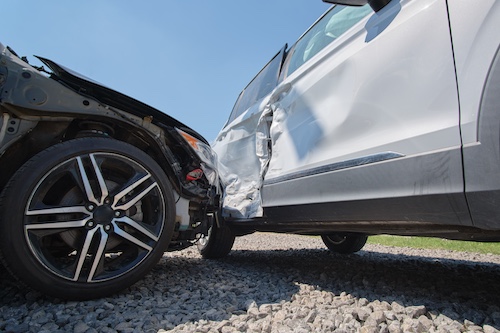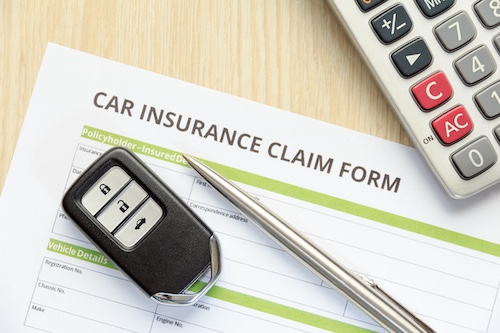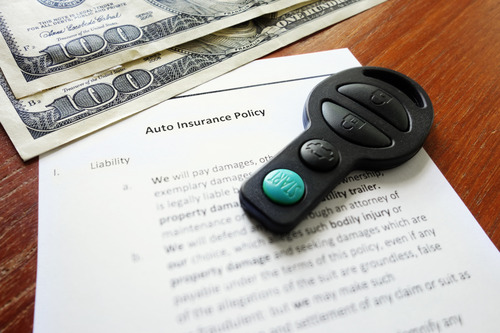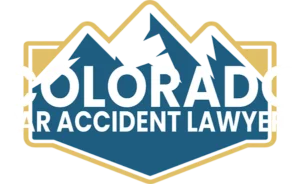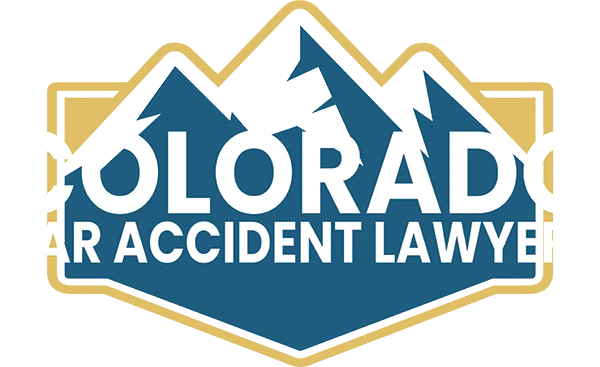Can You Still Recover Compensation If You’re Partially at Fault?
Being involved in a car accident is stressful, but the situation becomes even more complicated if you are told you may be partially at fault. In Colorado, fault does not have to fall entirely on one driver. The state’s modified comparative negligence laws allow accident victims to recover compensation even if they share some responsibility, so long as they are less than 50 percent at fault.
In this blog, you will learn how Colorado’s partial fault laws impact your ability to recover compensation after a crash, how fault is determined, what damages may still be available, and why working with an experienced Denver car accident attorney is important if you’ve been told you share blame.
Understanding “Partial Fault” in Colorado Car Accidents
Even if you were partially at fault for a car crash in Colorado, you may still have the right to seek compensation.
What Is Partial Fault?
Partial fault means that more than one driver shares responsibility for a car accident. For example, if one driver ran a red light but the other was speeding, each may be assigned a percentage of fault. This shared fault can affect how much money an accident victim can recover in a car accident claim.
In Colorado, determining fault in a car accident case involves reviewing physical evidence, police reports, and statements from witnesses and the drivers involved. Insurance companies and their adjusters play a large role in assigning fault during the claims process.
Why Partial Fault Matters
Colorado follows a modified comparative negligence rule. If you are found to be partially at fault, your compensation is reduced by your percentage of fault. For example, if your damages total $100,000 and you are 30% at fault, you may recover $70,000.
However, if you are 50% or more at fault, you cannot recover any damages. This makes accurate fault assessment critical to your personal injury claim. A car accident lawyer can help challenge unfair fault assignments from the other driver’s insurance company or their legal team.
Common Situations Involving Shared Fault
Shared fault is common in many types of crashes, including:
- Rear-end collisions where the lead driver brakes suddenly
- Left-turn accidents where both drivers had unclear signals
- Multi-car pileups with several contributing actions
In these situations, fault in a car accident is often disputed. Each party’s actions are reviewed under Colorado traffic laws to assign percentages of fault. A car accident attorney can collect evidence and present your side of the story to protect your claim.
Colorado’s Modified Comparative Negligence Rule (C.R.S. § 13-21-111)
Colorado uses a modified comparative negligence system to determine how fault affects your right to recover compensation after a car accident.
What Modified Comparative Negligence Means
Under Colorado law, accident victims can recover damages only if they are less than 50 percent at fault. This rule is defined in Colorado Revised Statutes § 13-21-111. If you are 49 percent or less at fault, you can still seek compensation. If you are 50 percent or more at fault, you cannot recover any damages.
This system differs from pure comparative negligence states, where a person can recover compensation even if they are 99 percent at fault. It also differs from contributory negligence states, where any fault at all may prevent recovery.
How Fault Percentage Affects Compensation
The amount of compensation you receive is reduced based on your percentage of fault. If your damages total $80,000 and you are found 25 percent at fault, you would receive $60,000. This rule applies to all types of damages, including medical expenses, lost wages, and property damage.
Insurance companies often try to increase your fault percentage to reduce their payout. An experienced car accident lawyer can challenge unfair assessments and work to protect your claim.
Why This Law Matters in a Car Accident Case
Modified comparative negligence affects every part of the car accident claims process. It determines if you can recover compensation and how much. It also affects how insurance adjusters handle your accident claim and how courts decide cases involving multiple parties.
What Happens If You’re Found Partially at Fault?
Being found partially at fault in a car accident does not automatically prevent you from seeking compensation, but it does affect the claims process and the outcome.
How Fault Is Assigned
Fault is usually assigned by the insurance companies involved. Insurance adjusters review police reports, physical evidence, driver statements, and witness accounts to decide who caused the accident. In some cases, multiple parties share fault. Each driver is assigned a percentage based on their actions at the accident scene.
The insurance company investigation process can be biased. Adjusters work to protect their company’s financial interests. This can lead to unfair fault assessments. A car accident lawyer can help present clear evidence to reduce your percentage of fault.
Impact on Compensation
If you are found partially at fault, your compensation will be reduced. The reduction matches your assigned percentage of fault. For example, if you are 20 percent at fault and your total damages are $50,000, you would receive $40,000.
If you are found to be 50 percent or more at fault, you cannot recover any compensation under Colorado’s modified comparative negligence rule. This includes claims for medical expenses, lost wages, and property damage.
How Fault Affects Insurance and Claims
Being assigned partial fault may also raise your insurance premiums. Your own insurance company may see you as a higher risk after the accident. The at-fault party’s insurer may use your partial fault as a reason to lower their settlement offer.
A car accident attorney can help you respond to the other driver’s insurance company, gather supporting evidence, and fight for a fair settlement. Avoid admitting fault or speculating about what happened at the scene. Let the evidence speak for itself.
Importance of Legal Representation
Shared fault car accidents are more difficult to prove without legal support. An experienced lawyer can guide you through the legal process, challenge insurance company findings, and work to recover financial compensation. Even if you believe you may be partially at fault, you should still speak to a car accident lawyer before making any statements or accepting a settlement.
How Partial Fault Affects Your Compensation
If you are found partially at fault for a car accident, the amount of compensation you can recover is reduced based on your level of responsibility.
Reduction in Compensation
In Colorado, the modified comparative negligence rule applies to all personal injury claims. If you are less than 50 percent at fault, you can still recover compensation. However, your total damages will be reduced by your fault percentage. For example, if your damages total $100,000 and you are 30 percent at fault, you would receive $70,000.
This reduction applies to all categories of damages, including medical expenses, property damage, and lost wages. It also affects non-economic damages such as pain and suffering.
Total Bar to Recovery at 50 Percent
If you are found to be 50 percent or more at fault, Colorado law prevents you from recovering any compensation. This is a strict rule under Colorado’s comparative negligence laws. Insurance companies often use this rule to try to deny claims. They may try to assign more fault to you than is accurate.
This makes it important to have a car accident attorney who can challenge the fault percentage and protect your right to compensation.
Types of Damages Affected
Partial fault can reduce compensation for:
- Emergency room and hospital bills
- Physical therapy and long-term medical care
- Lost wages and loss of earning ability
- Repairs or replacement for vehicle damage
- Pain, suffering, and emotional distress
All of these fall under the legal category of damages in a personal injury case. A fair settlement must consider each type, even if you are partially at fault.
Role of the Insurance Company
The other driver’s insurance company will try to lower your compensation by raising your fault percentage. Their goal is to pay less or deny your accident claim. Insurance adjusters may misinterpret the evidence or pressure you into admitting fault. This is common in shared fault car accidents.
Contact an Experienced Denver Car Accident Lawyer ASAP!
Ready to take the next step? If you’ve been told you share fault in a Denver car accident, don’t face this alone. Our team at Colorado Car Accident Lawyers is here to review your case, gather the evidence you need, and challenge unfair fault claims.
Contact us at 864-313-2487 for a free case review today!
